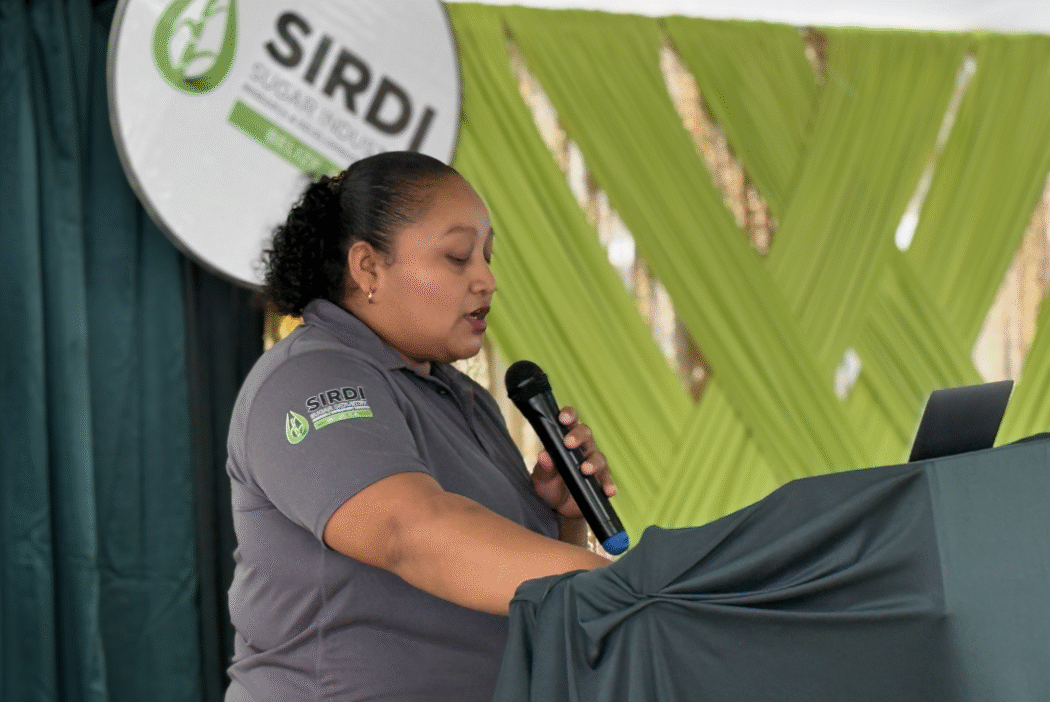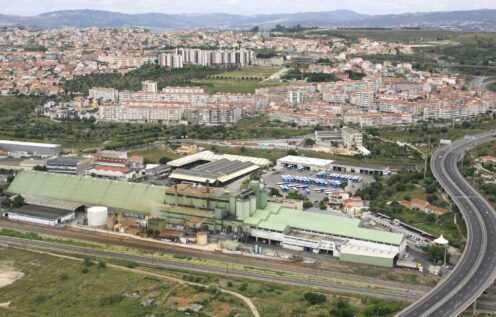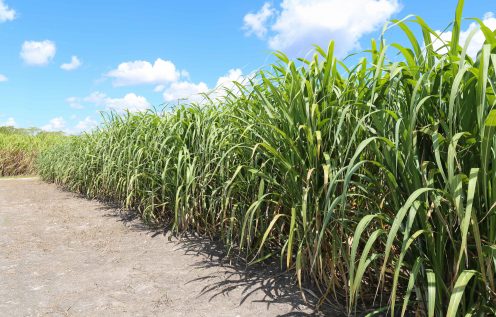15/07/2025 Case study
A collaborative initiative in Belize empowers smallholder sugarcane farmers to adopt regenerative agriculture practices that boost sustainability, resilience, and productivity
The production of the foods we all rely on depends directly on natural resources such as soil and water. It has long been understood that some farming practices can harm our environment and deplete these natural resources.
As we become more focused on the need to reduce carbon in all parts of the economy, attention has also been focused on the role of farming in carbon reduction. The practices of Regenerative Agriculture are just one component that is used to reduce carbon emissions and improve overall farm welfare.
Regenerative Agriculture recognises the importance of farming in a way that protects and restores soil, water, and biodiversity to secure our present and future food supplies, while also building climate resilience, decreasing greenhouse gas emissions, reducing reliance on chemical inputs, and ultimately improving livelihoods.
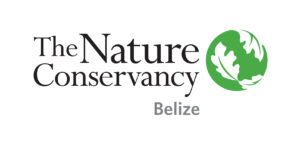 In Belize, a key raw sugar supplier to our Thames Refinery, in an initiative led by The Nature Conservancy (TNC) and the Sugar Industry Research and Development Institute (SIRDI), twenty-five smallholder sugarcane farmers completed an innovative farmer field school programme focusing on regenerative sugarcane farming.
In Belize, a key raw sugar supplier to our Thames Refinery, in an initiative led by The Nature Conservancy (TNC) and the Sugar Industry Research and Development Institute (SIRDI), twenty-five smallholder sugarcane farmers completed an innovative farmer field school programme focusing on regenerative sugarcane farming.
Over several months the farmers engaged in hands-on training that emphasized soil health, biodiversity, water conservation and climate resilience. The programme combined practical fieldwork with peer learning, equipping participants with tools to improve their productivity while restoring the land.
Damian Loza of the Northern Sugarcane Growers Association told us that, “we learned that where soil is in poor condition, techniques like cover cropping, biofertilizers, reducing compaction can help restore organic matter and boost yields.”
“The knowledge and practices these farmers now carry will have a lasting impact on their communities, advancing a more resilient, productive and environmentally sustainable industry in Belize” Elbert Cowo, Farmer Field School Coordinator at SIRDI
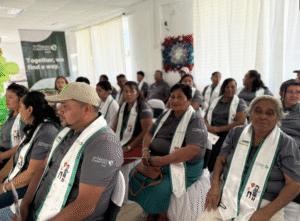
This initiative was followed in June with a symposium arranged by SIRDI in collaboration with TNC on Regenerative and Nature-based Solutions. The symposium will promote key regenerative initiatives, including the Farmer Field Schools, efficient irrigation techniques for sugarcane farming, biological controls, and environmentally friendly approaches to pest control to reduce reliance on chemical pesticides and diversification opportunities.
